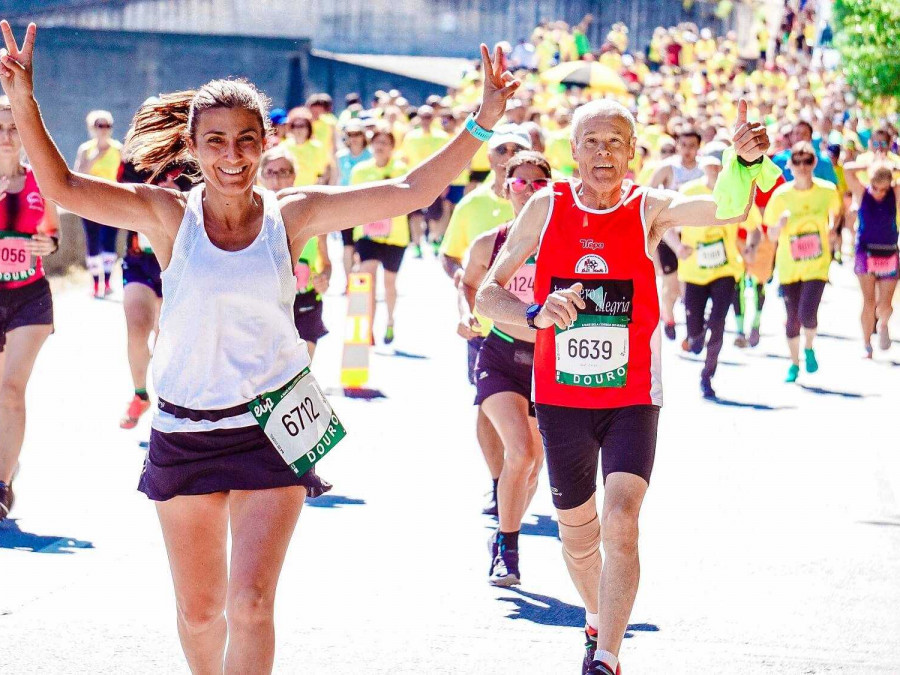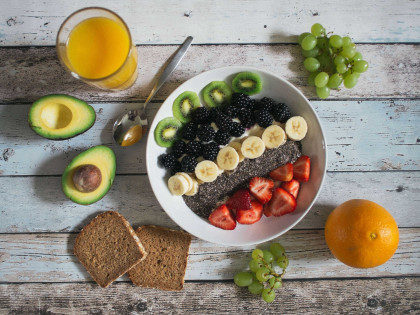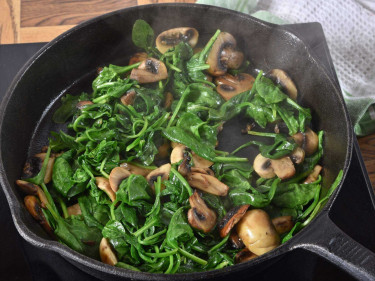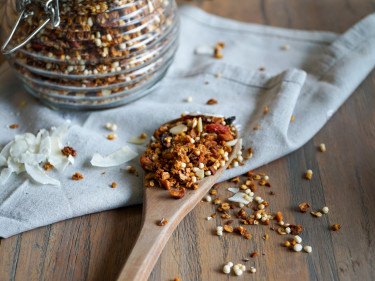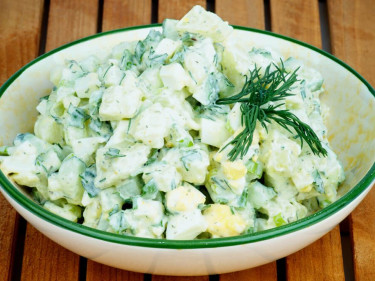Around the world, many people have a cup of coffee in the morning for the caffeine hit, to wake them up and get them going for the day. Did did you know that caffeine can also be used as a performance aid for athletes?
What does the science say?
Caffeine works by binding to specific receptors in our brain, and acts as a stimulant to make us feel more awake and alert. It also increases focus and productivity, making it a popular habit before the workday.
How does this effect sports performance? A recent review of the evidence surrounding caffeine use for improvement in athletic performance showed promising results. When taken prior to exercising, or competing in athletic events, caffeine was found to improve performance by 2-6% due to its effects on the body as a stimulant. It was found that caffeine intake can improve an athlete’s ability to cycle or run for longer periods of time and can also improve time trials. It may also improve your workout in the gym, by allowing you to lift heavier weights or complete more repetitions of an exercise.
How much caffeine do I need to get results?
Studies suggest that the optimal amount of caffeine is 3-6mg/kg of body weight. So, if you weigh 70kg this equates to approximately 210 - 420mg of caffeine, or around 2 cups of coffee. However, this amount can be different for everybody, and depends on how sensitive you are to caffeine, and whether you suffer any adverse side effects, like feelings of anxiousness or stomach upsets. Start small, and experiment to find what gives you the best workout.
Caffeine content in coffee also differs between the type of coffee, the preparation method, the size of your cup, the type of beans, and the brand. Averaged out, a cup of coffee usually contains 90-160mg of caffeine.
What are the best caffeine containing products?
When you think about caffeine you first think of coffee. While this is a common source of caffeine, there are other options to choose from. Other food and drinks that contain caffeine include tea, hot chocolate, cola soft drink, energy drinks and chocolate. In addition, there are several specially designed caffeine containing sports products such as caffeinated sports gels, pre-workout supplements and even chewing gums and gummies. All of these products have shown to have similar effects on improving sports performance. Always remember when you’re choosing a caffeine source to check the caffeine content of the product, as it will differ between products and brands.
How long should I have caffeine before my workout?
Caffeine usually has the best effects when consumed 45 - 90 minutes before exercise. This will differ slightly for everyone, so it’s best to try it out and find what works best for you.
Are there any negative side effects of caffeine consumption?
Consuming high levels of caffeine has the potential to cause a decline in sports performance due to the following negative side effects:
- Increased heart rate and heart palpitations
- Impaired fine motor control
- Anxiety and over-arousal
- Sleep disturbances and delayed sleep onset
- Gastrointestinal upset
Overall, caffeine can be used to improve sports performance, however it’s important to find what amount and sources work best for your body and make sure you don’t overconsume.



